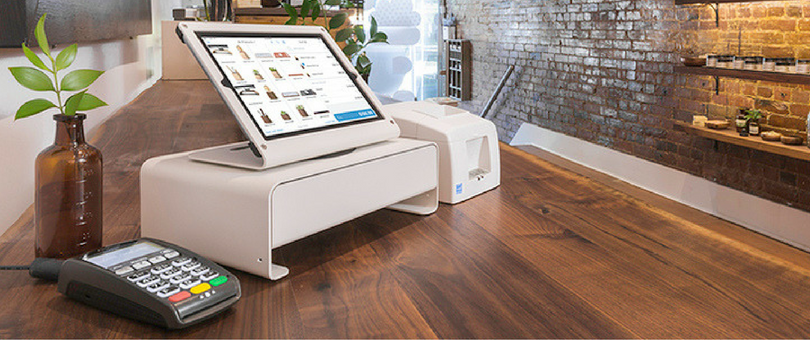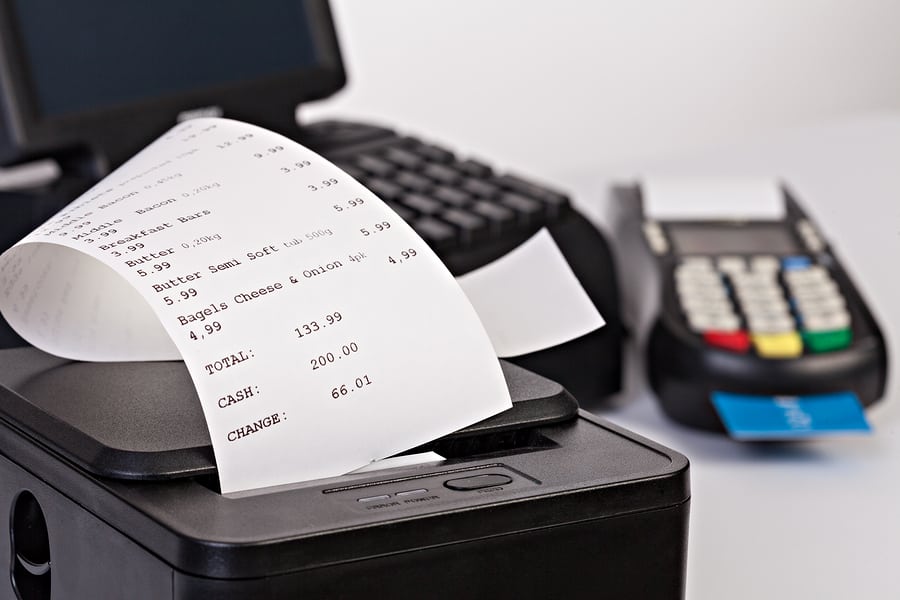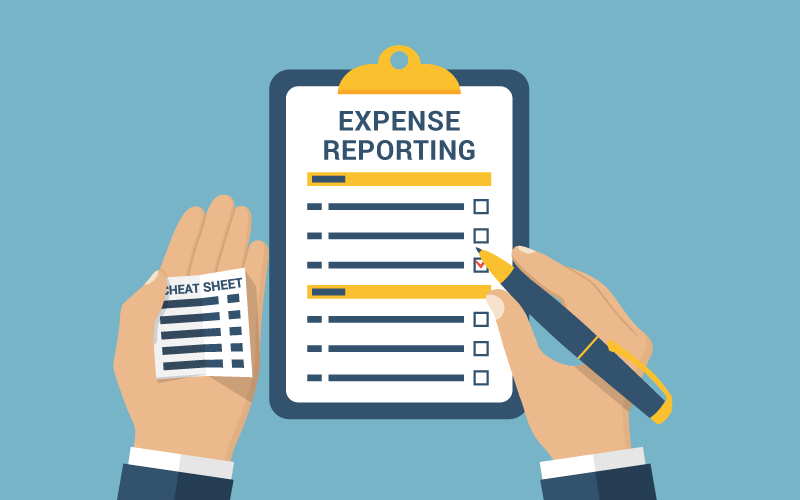Home



Record Keeping
Recordkeeping is the process of recording transactions and events in an accounting system. Since the principles of accounting rely on accurate and thorough records, record keeping is the foundation accounting. An example of an accounting event would be the purchase of a company vehicle. The accounting or recordkeeping department would record the purchase of the vehicle as a debit to the vehicle asset account and a credit to cash or liability accounts in the general ledger. Computerized accounting systems can then use this data to generate asset and liability reports. Keeping good records

Point of sale
The point of sale (POS) or point of purchase (POP) is the time and place where a retail transaction is completed. At the point of sale, the merchant calculates the amount owed by the customer, indicates that amount, may prepare an invoice for the customer (which may be a cash register printout), and indicates the options for the customer to make payment. It is also the point at which a customer makes a payment to the merchant in exchange for goods or after provision of a service. After receiving payment, the merchant may issue a receipt for the transaction, which is usually printed but is increasingly being dispensed with or sent electronically To calculate the amount owed by a customer, the merchant may use various devices such as weighing scales, barcode scanners, and cash registers. To make a payment, payment terminals, touch screens, and other hardware and software options are available.

Expenses Report
An expense report is a form completed by employees to itemize the expenditures for which they are requesting reimbursement Receipts are typically attached to the form if the related expenditure amounts exceed a certain minimum amount. The employer then examines the submissions for accuracy and validity, and pays employees the requested amounts. The employer can then record the reimbursed amounts as a business expense, which factors into the amount of accounting profit and taxable profit recognized. Expense reports can also be used to detail expenditures made against an initial employee advance. If so, the employer still records the submitted amounts as a business expense, but there is no reimbursement; instead, the employer deducts the expenditures from the amount of the employee advance.
BASIC
- Sales and Expenses Management
- Customers & Suppliers Management
- Point of Sale with Various Payments Options
- Fix & Flexible Products/Services Pricing
- Time Range Report on Sales, Payments
- Stock Movement
- Sales Statistic and Margins
PRO
- All Features in Basic
- All Features in Standard
- Full Inventory Package
- Local Area Network Supported